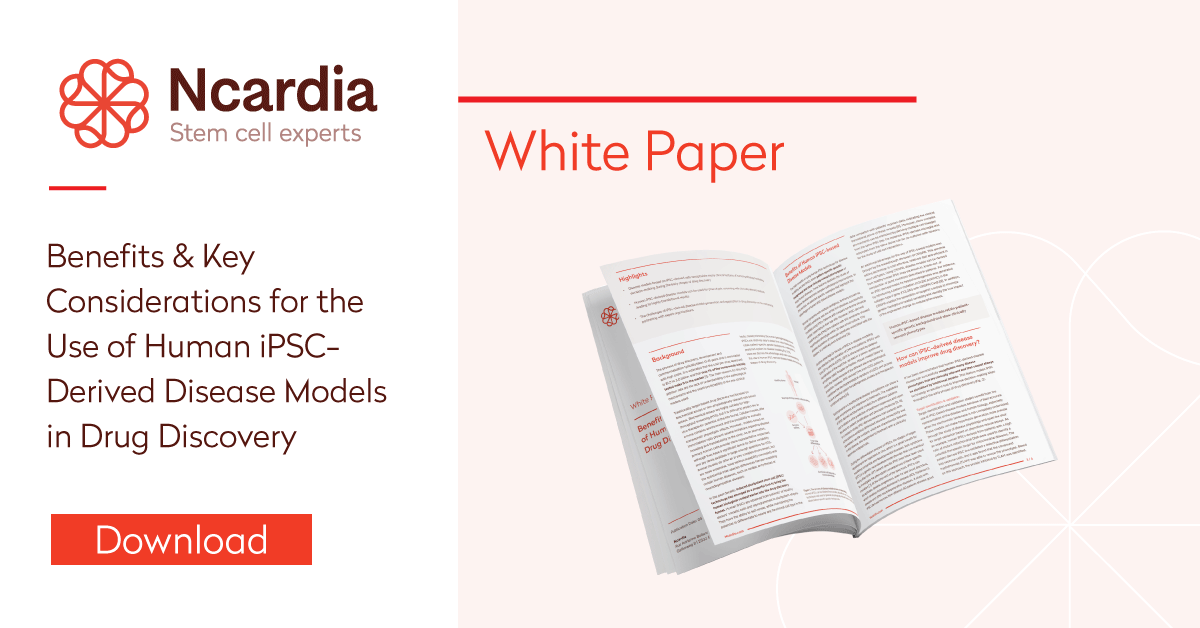Ncyte® Smooth Muscle Cells
Human iPSC-derived vascular smooth muscle cells
Alterations in the functionality of vascular smooth muscle cells are associated with the progression of pathological conditions such as inflammation, atherosclerosis or pulmonary hypertension. Ncyte® smooth muscle cells is a reliable in vitro model that can help make confident predictions on vaso-activity responses from test therapeutics. Further, it can be used in efficacy and safety screenings in combination with various Ncardia assays.
You can work with Ncyte® Smooth Muscle Cells or contact our team to develop a custom cell model from the iPSC line that fits your project best.
- High reproducibility
- Functional and physiologically relevant
- Sensitive compound-induced response
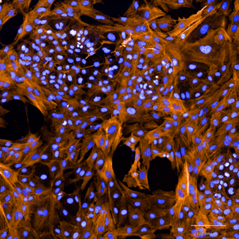
nuclear staining Hoechst (blue)
Do you want to buy Ncyte® Smooth Muscle Cells?
To proceed with your order, please review and accept our Terms and Conditions above.
Do you need a larger volume or a custom cell model?
Product Specifications
Identity markers
>90% Calponin, >40% α-SMA; <10% CD31 at day 7 when cultured as per user guide
Size
>1.5 M viable cells per vial when thawed as per user guide, ≥85% viability at thaw
Quality Control
Cell count, Viability, Identity, Mycoplasma
Format
Cryopreserved cells
Donor
Female
Reprogramming method
Non-viral
Shipping conditions
Dry shipper, -180°C to -135°C
Storage conditions
Vapor phase of liquid nitrogen
Technical data
Using a standardized process, Ncardia manufactures Ncyte® Smooth Muscle Cells which are characterized with key identity markers: Calponin and α-smooth-muscle-
actin (α-SMA). For further identity verification, our scientists check the absent of CD31 expression.
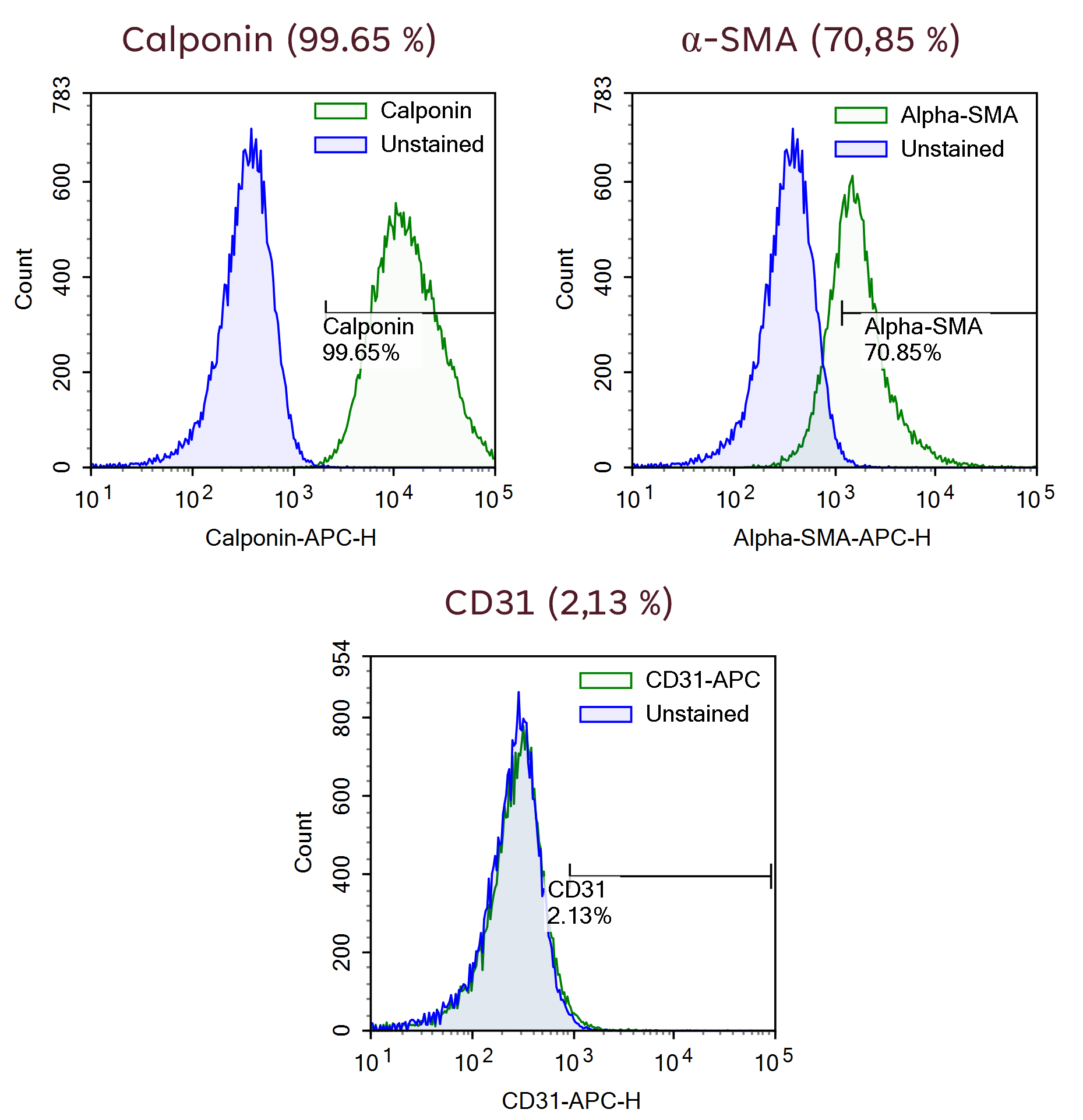 Representative histograms of flow cytometric analysis of a representative batch of Ncyte® Smooth Muscle Cells showing expression of identity markers, Calponin and α-smooth-muscle-actin (α –SMA). Bottom panel shows that CD31 (endothelial cell marker) is not expressed.
Representative histograms of flow cytometric analysis of a representative batch of Ncyte® Smooth Muscle Cells showing expression of identity markers, Calponin and α-smooth-muscle-actin (α –SMA). Bottom panel shows that CD31 (endothelial cell marker) is not expressed.
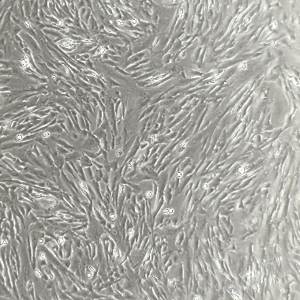 Representative bright field image of Ncyte® Smooth Muscle Cells showing cell morphology at day 7 of culture according to user guide.
Representative bright field image of Ncyte® Smooth Muscle Cells showing cell morphology at day 7 of culture according to user guide.
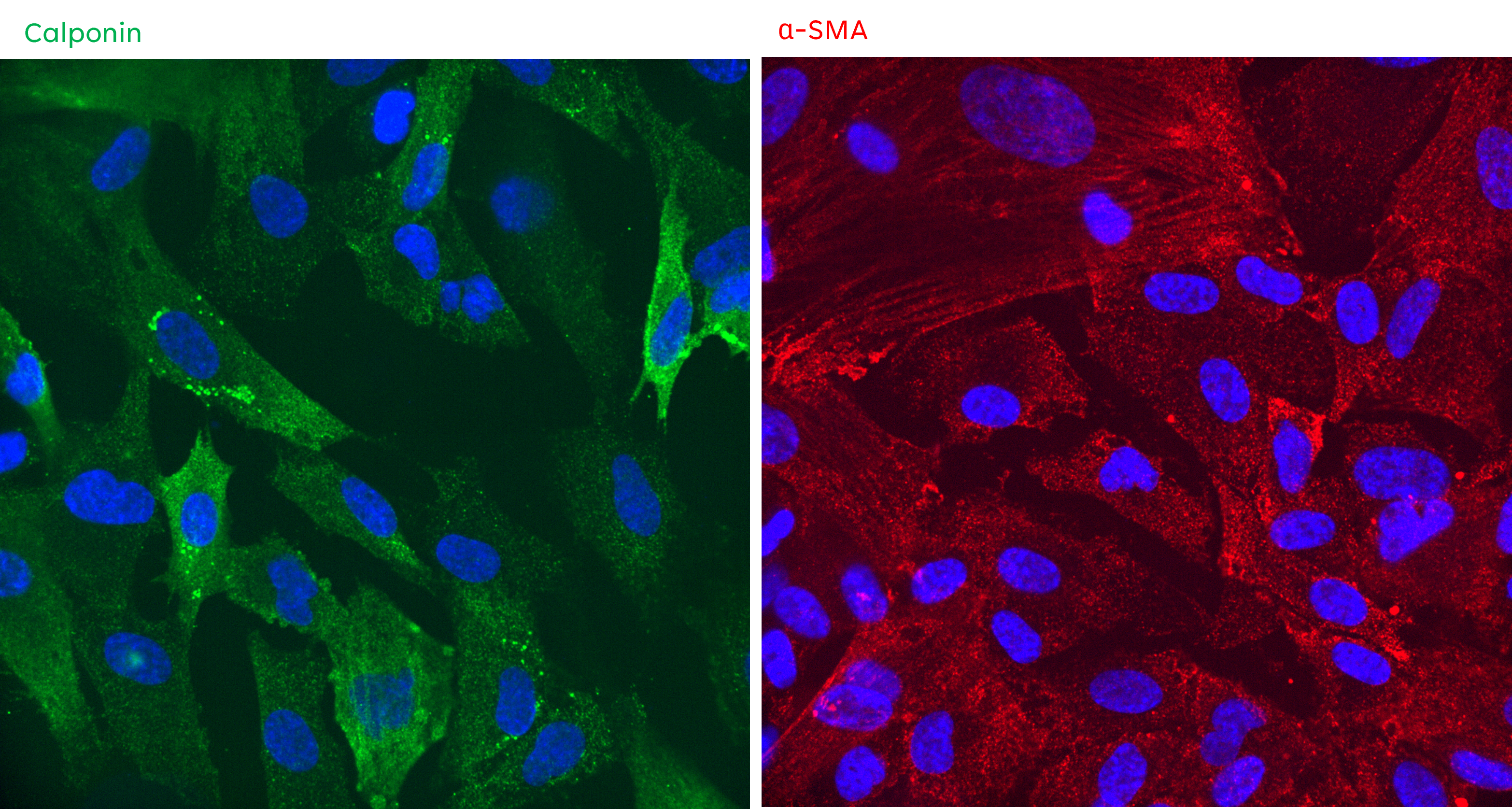 Representative images showing immunofluorescence staining of Ncyte® Smooth Muscle Cells expressing Calponin (green) and alpha-smooth-muscle-actin (red) at day 7 of culture according to user guide.
Representative images showing immunofluorescence staining of Ncyte® Smooth Muscle Cells expressing Calponin (green) and alpha-smooth-muscle-actin (red) at day 7 of culture according to user guide.
Ncyte® Smooth Muscle Cells are the ideal tool to provide relevant predictions on your drug’s effect on vaso-activity. For example, they can be used to functionally assessed calcium transients in response to compound treatment.
Our scientific team can develop a wide range of assays to evaluate the functions of your interest. As an example, the figure shows calcium transient analysis in response to endothelin-1.
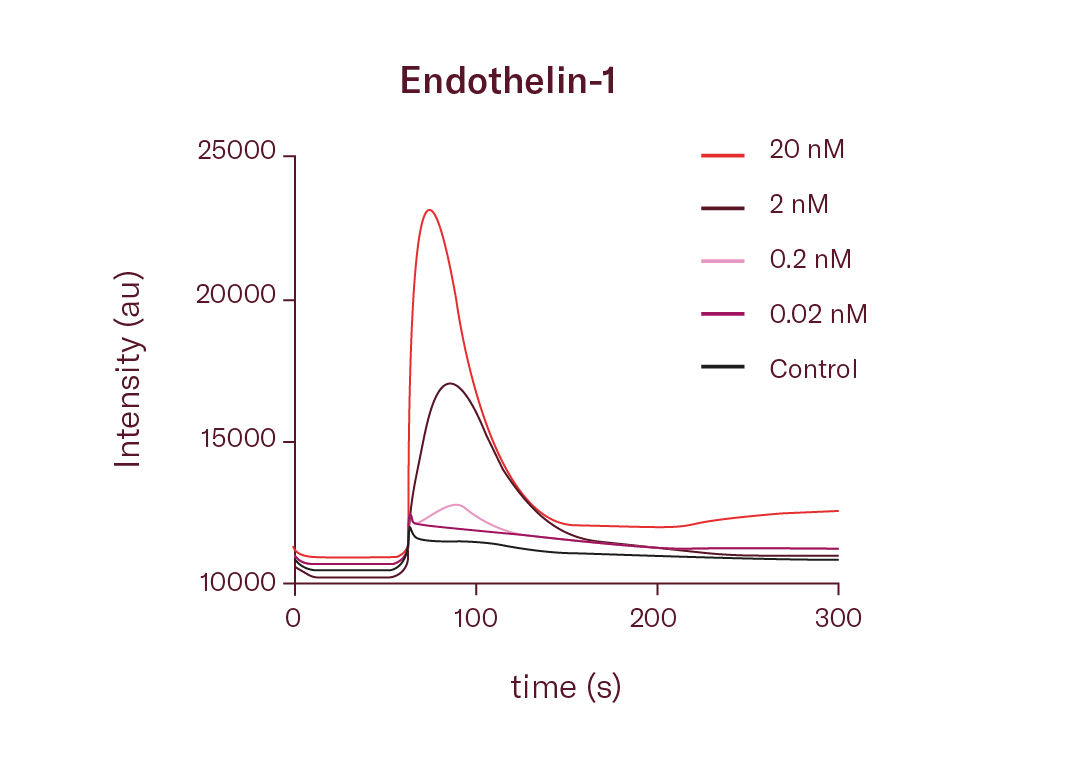 FDSS/μCELL Functional Drug Screening assessing endothelin-1 (ET-1) induced Ca2+ flux on Ncyte® Smooth Muscle Cells (cultured according to project needs). The graph shows concentration-dependent response to ET-1.
FDSS/μCELL Functional Drug Screening assessing endothelin-1 (ET-1) induced Ca2+ flux on Ncyte® Smooth Muscle Cells (cultured according to project needs). The graph shows concentration-dependent response to ET-1.
Ncyte® smooth muscle cells are a sensitive model. When used in vascular safety assays, they can produce accurate dose-dependent responses and help identify and characterize vasoactive compounds.
Our scientific team can develop assays and screenings with high reproducibility to help you make more confident decisions in early drug discovery.
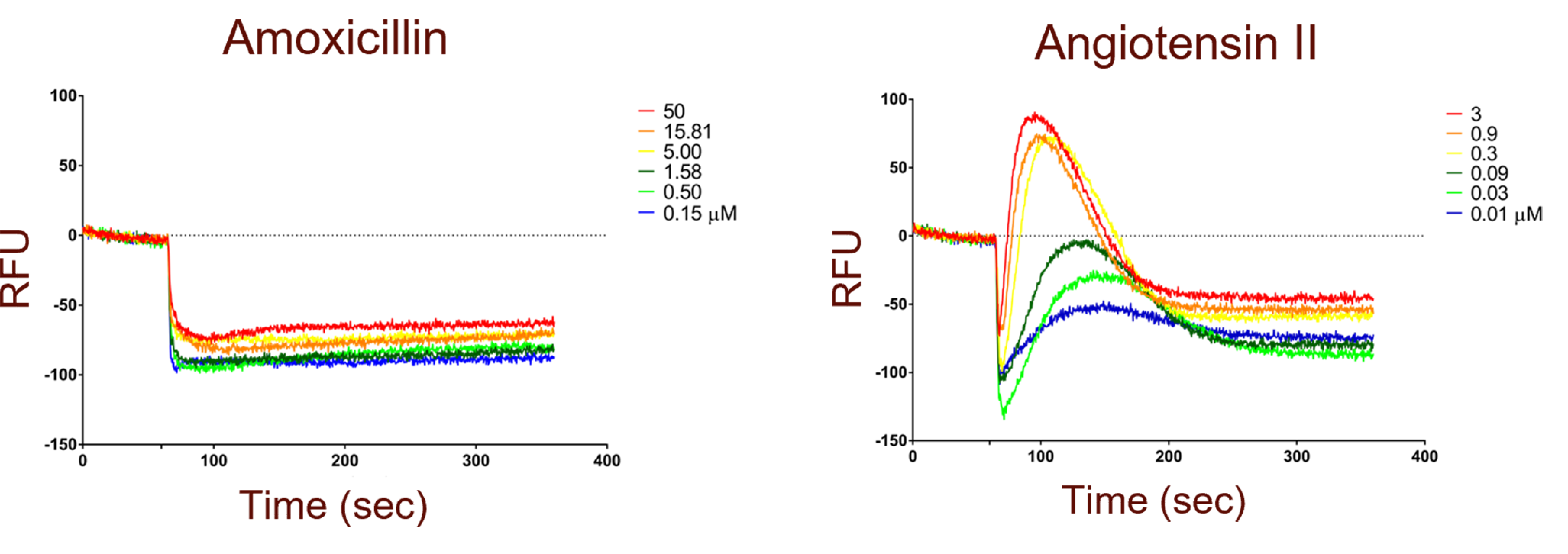 Calcium transients measured in a batch of Ncyte® Smooth Muscle Cells (cultured according to project requirements). These graphs show the expected negative response to non-vasoactive compounds like Amoxicillin and concentration-response to a vasoconstrictor compound (Angiotensin II). AstraZeneca presentation at Eurotox 2018.
Calcium transients measured in a batch of Ncyte® Smooth Muscle Cells (cultured according to project requirements). These graphs show the expected negative response to non-vasoactive compounds like Amoxicillin and concentration-response to a vasoconstrictor compound (Angiotensin II). AstraZeneca presentation at Eurotox 2018.
Certificates of analysis are available upon request via support@ncardia.com
Our work centers on a simple yet powerful premise:
When we combine deep iPSC knowledge, broad assay capabilities and a demonstrated ability to integrate the biology of human diseases into preclinical research, we can help drug developers make critical decisions earlier and with more confidence.
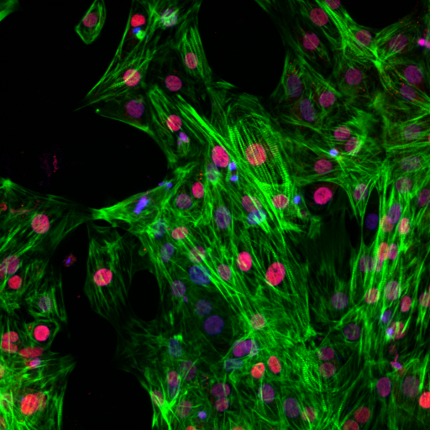
Human iPSC-derived atrial cardiomyocytes
Neural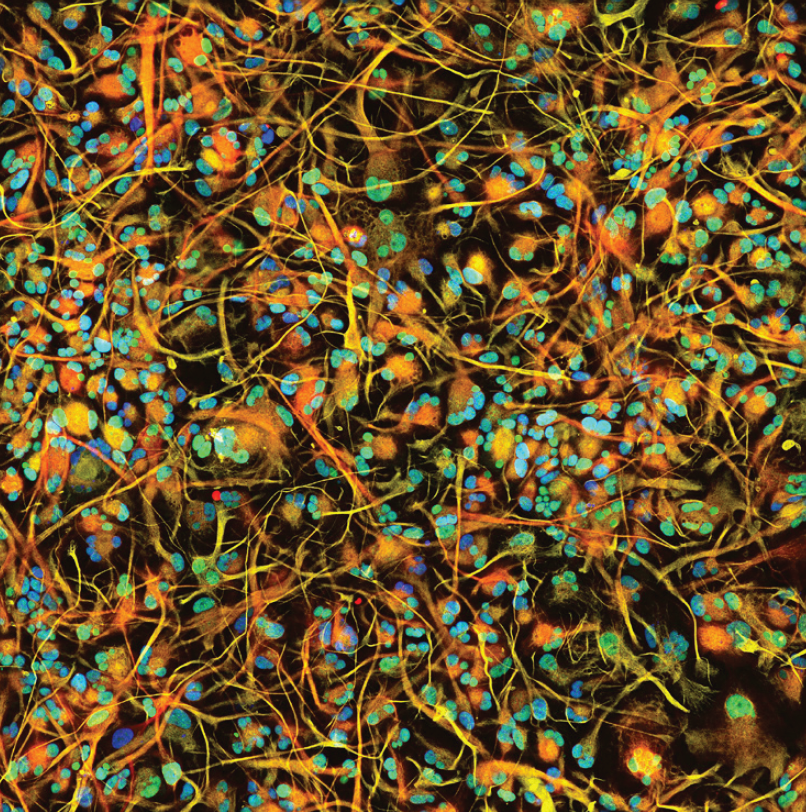
Human iPSC-derived astrocytes
Vascular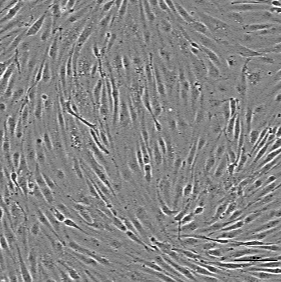
Human iPSC-derived vascular endothelial cells
Cardiac.png)
Human iPSC-derived 3D cardiac microtissue model
Neural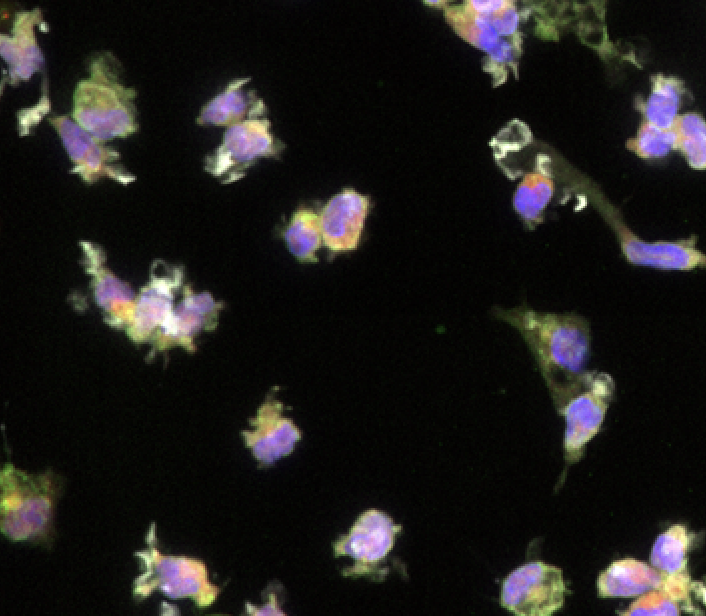
Human iPSC-derived microglia
Cardiac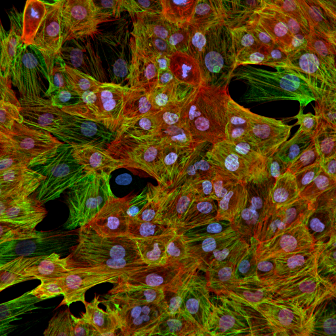
Non-Human Primate Cynomolgus iPSC-Derived Ventricular-Like Cardiomyocytes
Vascular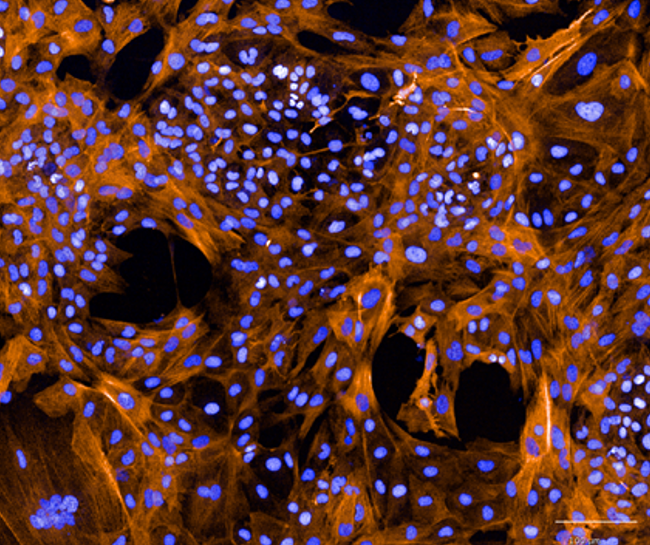
Human iPSC-derived vascular smooth muscle cells
Cardiac
Human iPSC-derived ventricular cardiomyocytes


